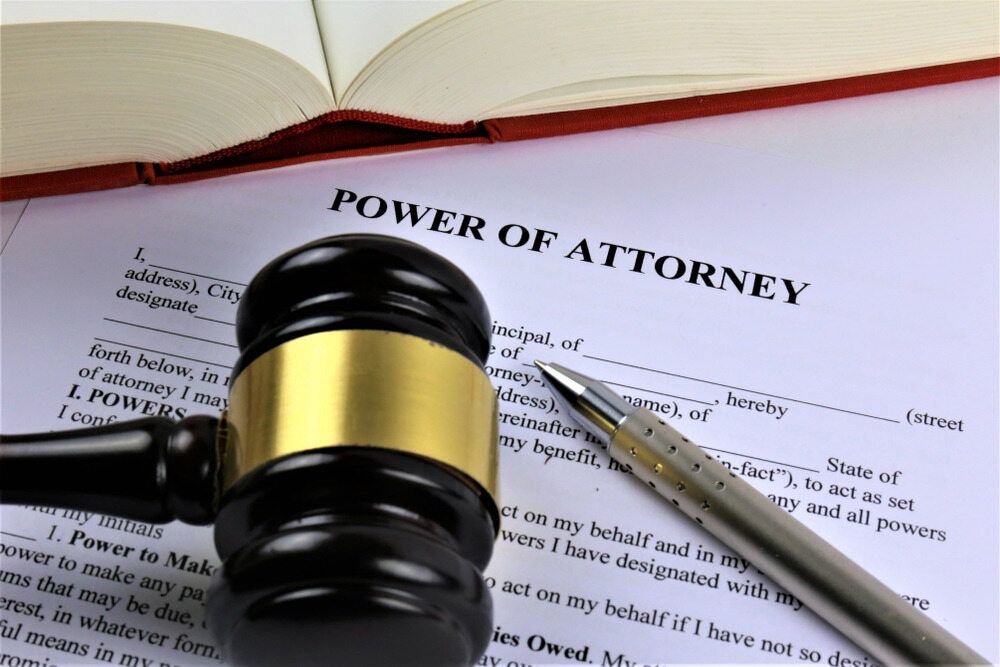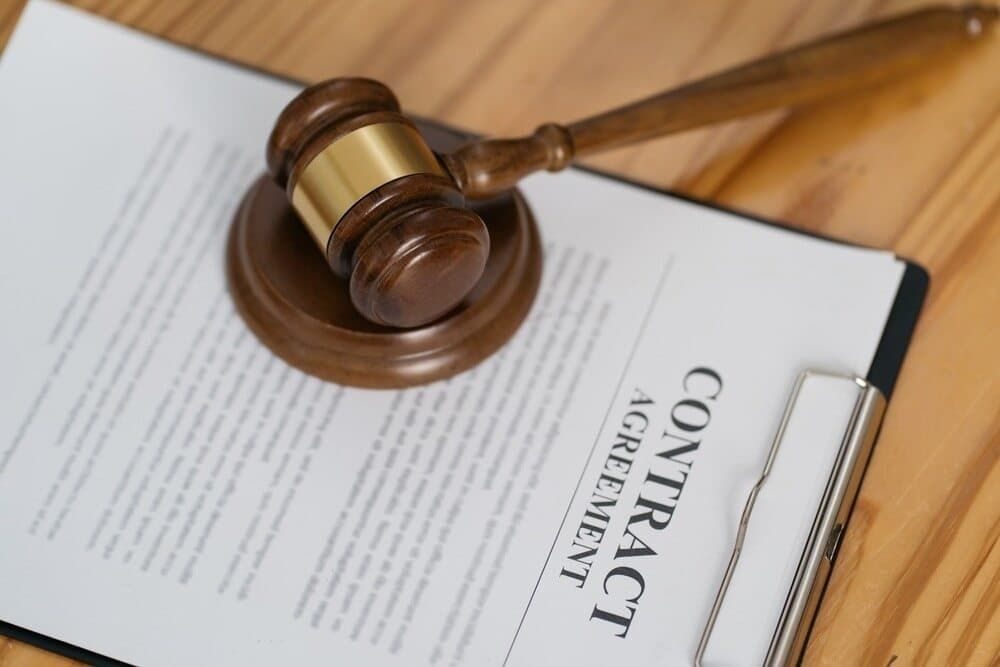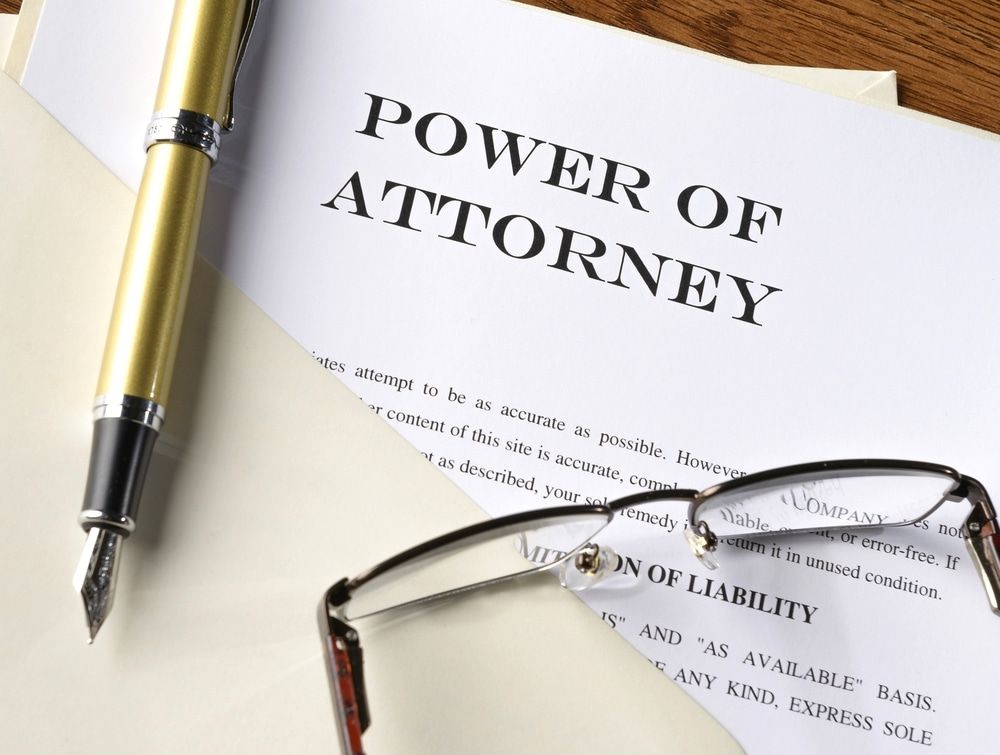Power of Attorney Central Coast
- 40+ years local experience
- Clear, practical legal advice
- PEXA registered law firm
Request A Call Back
Thank you for contacting Linda Emery & Associates.
We will get back to you as soon as possible.
Oops, there was an error sending your message.
Please try again later.
What is a Power of Attorney?
A ‘Power of Attorney’ is a document you can sign to appoint another person (called your attorney) to act for you in relation to legal and financial affairs. The document states what the attorney is authorised to do. This can be quite narrow and specific or as general as you wish. Any lawful action taken by the attorney under the power of attorney is binding on you, so it is important to appoint someone you can trust.
The person you appoint must be 18 years or over. If you have no one like this, the NSW Trustee or private trustee companies can be appointed as your attorney.
When the power of attorney is signed, the document can be given to the attorney, or you can hold onto it until the need arises. Even though you have appointed an attorney, you can still personally carry out any transactions, such as banking and the sale of property, while you retain the ability to do so.
If, at the time of giving the power of attorney, you want the authority you give the attorney to continue even if you lose the capacity to make your own decisions, you need to sign a document called an ‘enduring power of attorney’. An enduring power of attorney must be made when you are of sound mind.
The current form on which a power of attorney is made requires you to decide the powers you want your attorney to have to use your money for the attorney’s benefit, for the benefit of other people or to make gifts. If you want your attorney to be able to sell or deal with real estate on your behalf, the power of attorney must be registered with Land Registry Services. It is also a good idea to register the power of attorney if you want your attorney to be able to sell or deal with shares on your behalf, as some brokers or companies may require this.
What is An Enduring Power of Attorney?
A general power of attorney ceases to have effect after you lose the mental capacity to make financial decisions. An enduring power of attorney will continue even after you lose mental capacity. The power of attorney acts as a substitute decision maker during your lifetime on financial and legal matters. If it is an enduring power of attorney, that must be explained to you by a prescribed person, such as an estate lawyer and they sign the prescribed document. This means if you subsequently lose capacity the power of attorney will continue to operate.
Who Should You Appoint as Your Attorney?
Choosing an attorney is a serious decision. The person must be over 18, willing to take on the role, and capable of making responsible financial decisions. Many people appoint:
- A spouse or partner
- A trusted family member
- A close friend
- A professional adviser (e.g., solicitor or accountant)
You may also appoint multiple attorneys and specify whether they must act jointly or independently.
What is the difference between a Power of Attorney and Enduring Power of Attorney?
The main difference lies in when the authority ends. A General Power of Attorney is valid only while the person who made it (the principal) has mental capacity. It automatically becomes invalid if they lose the ability to make decisions due to illness, injury, or disability.
In contrast, an Enduring Power of Attorney remains valid even after the principal becomes mentally incapacitated. It is specifically designed for long-term planning, allowing a trusted person to manage your financial and legal affairs if you can no longer do so. In both cases, the attorney can only perform tasks that the principal has authorised in the document.
Can a Power of Attorney make medical or lifestyle decisions?
No. A Power of Attorney in Australia only covers financial and legal decisions. This includes actions like managing bank accounts, paying bills, and dealing with property or investments. It does not give the attorney the right to make medical, personal, or lifestyle decisions on behalf of the principal.
If you want to appoint someone to make medical or care-related decisions for you in case you lose capacity, you will need to prepare an Enduring Guardianship document. This is a separate legal instrument that allows you to appoint a guardian to make decisions about health care, living arrangements, and support services.
How do I cancel or revoke a Power of Attorney?
You can revoke a Power of Attorney at any time, provided you still have mental capacity. To do so, you should:
- Prepare a revocation document in writing
- Sign and date it in front of a suitable witness
- Notify your attorney(s) in writing that their authority is no longer valid
- Inform any relevant institutions, such as banks or government agencies, and provide them with a copy of the revocation
It’s also recommended to destroy any original copies of the revoked Power of Attorney to avoid confusion. If you’ve registered the document (e.g., with the Land Registry), you should also notify the registry and file the revocation accordingly.









